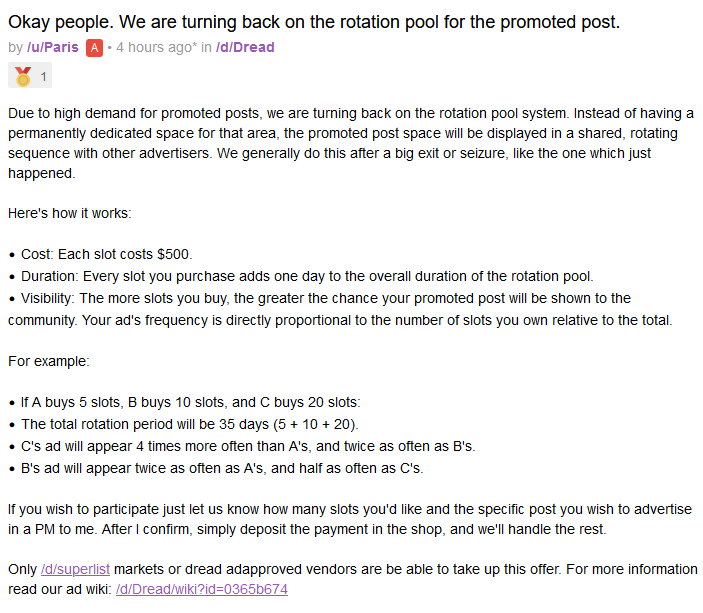Kaspersky, Nazis, and Blackhat hackers aka threat actors
Exploring the US government's controversial ban on Kaspersky Labs. Is it national security or political maneuvering? #Kaspersky #CyberSecurity #USGovernment

In this video, we explore the US government's ban on Kaspersky Labs, focusing on the reasons behind the decision and its broader implications. The ban stems from concerns about national security and potential espionage due to Kaspersky’s Russian origins and its founder’s background. Despite these fears, no concrete evidence has linked the company to espionage activities.
We look at historical precedents, such as Operation Paperclip, where the US government employed former Nazi scientists for national interests, contrasting this with the current treatment of Kaspersky. The video highlights the double standards and selective enforcement at play, questioning the true motivations behind the ban.
Kaspersky Labs has taken significant steps towards transparency, including opening centers for independent code reviews, yet the ban remains. This raises questions about whether the decision is driven more by geopolitical tensions than actual security threats.
We also discuss the impact of the ban on the cybersecurity industry and international relations. Various threat actors and blackhat hackers share their views on the ban and its potential effects on cybersecurity practices.
The video aims to provide a comprehensive understanding of the Kaspersky ban, examining the evidence, or lack thereof, and the broader context of US government actions and policies. It encourages viewers to consider the implications of this decision and engage in the discussion.




